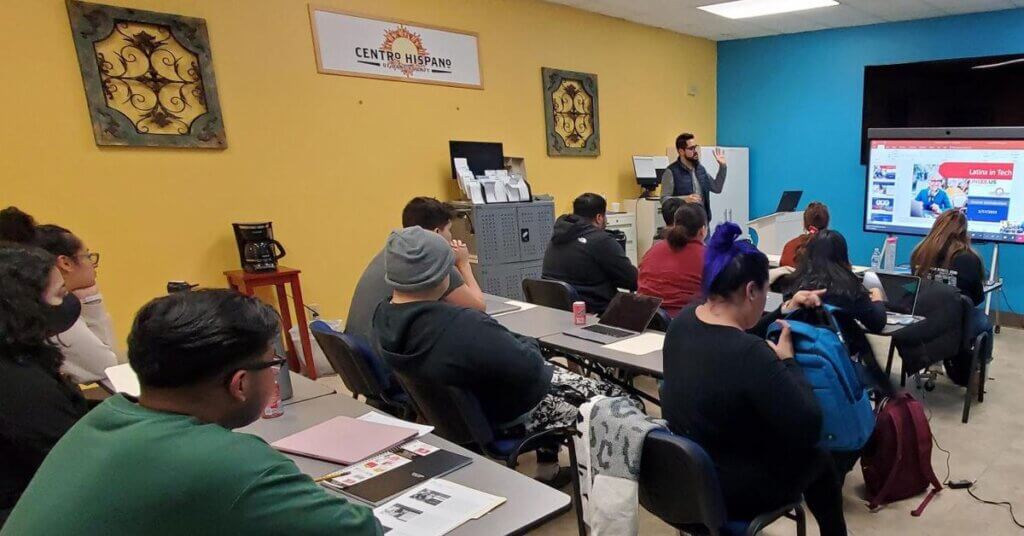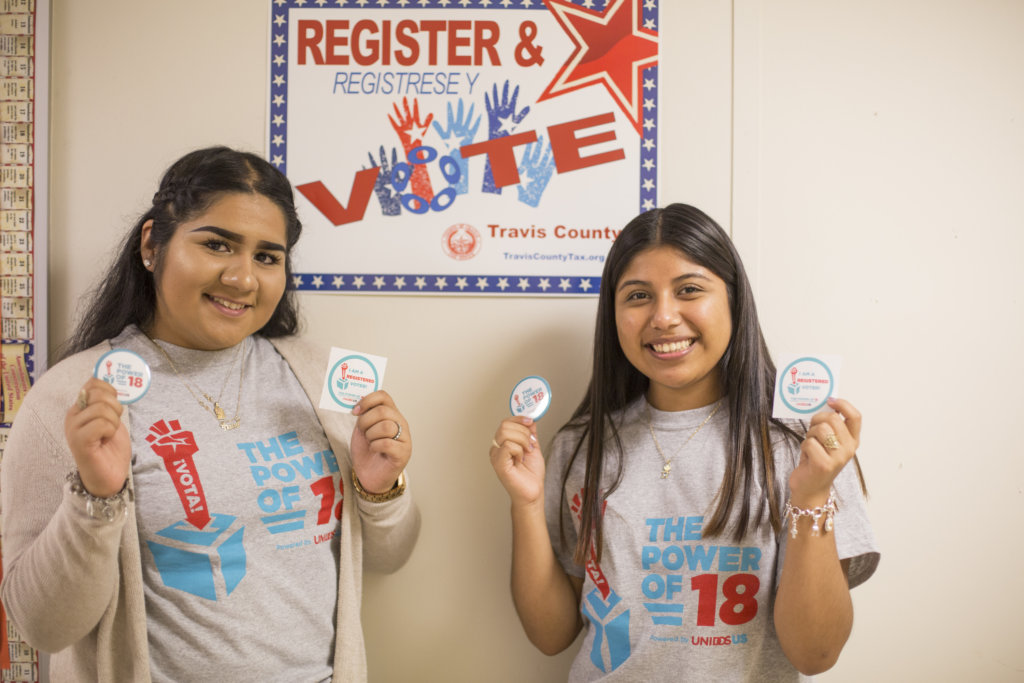Pushing for STEM Careers Beyond the Code
There has been much talk recently about the growing importance of STEM in the country’s economy. In 2013 the White House unveiled a five-year plan to make STEM an educational priority at the federal level. At the community level, NCLR has joined with Affiliates to expose Latino youth and families to STEM education programs with the goal of expanding the pipeline of talent into those careers.
These are important developments. The numbers present the challenge clearly: nearly one in five American workers are Latino, but fewer than one in 10 Americans employed in the STEM workforce are Latino. Companies such as Google and Facebook have made diversity a key goal while admitting they have a long way to go as only a very small percentage of their workforces are Latino or Black.
But the fact the conversation is happening at all is important to Karla Monterroso, Vice President of Programs at CODE2040, a San Francisco-based organization that helps Black and Latino students become successful participants in the innovation economy.
Keep up with the latest from UnidosUS
Sign up for the weekly UnidosUS Action Network newsletter delivered every Thursday.
“I think the combination of the release of the data [on STEM participation]… and several stories in the news of what the tech industry has been like for underrepresented people has made this a conversation that people are really engaged with, and for which people are being held accountable for the first time,” she says.
But it’s not just about getting the proverbial foot in the door—or hand in the code. Another challenge is to make sure Latinos and other underrepresented groups are given the opportunity to take on upper management and executive roles in the STEM industry. Monterroso—who was a panelist in the “Strengthening Families through Technology” town hall at the 2015 NCLR Annual Conference—has seen how these young employees are able to thrive when given these opportunities.
According to Monterroso, companies find that students going through the CODE2040 have both the technical skills to get the job done and the emotional intelligence to be successful mentors and leaders.
“Our students are often coming from households in which they are a translator for their families and are taking on responsibilities that are above and beyond their age range,” Monterroso said. “That means they are used to being in roles in which they take great ownership and responsibility, and that happens at the company level all of the time.”
Applications for the next class of CODE2040 fellows can be found at www.code2040.org.


